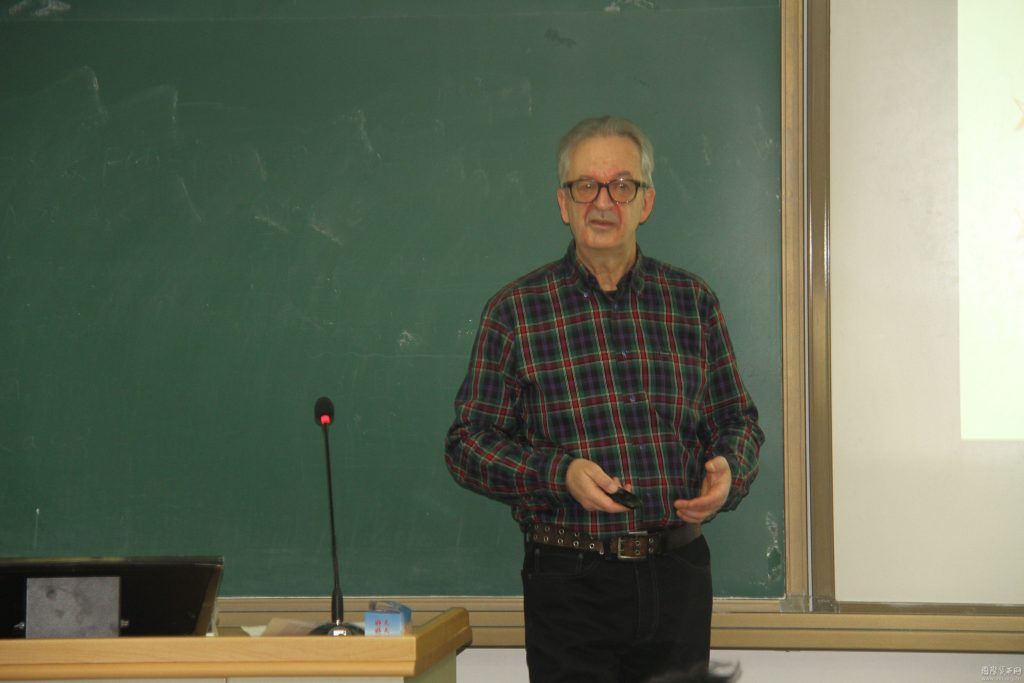Macro-Finance Salon (No.132): International Currencies in History
2019-11-19 IMI After the keynote speech came the discussion session. Associate professor Luo Yu summed up the main points that professor Georges Depeyrot said, and put forward opinions on the future trend of currency competition. One of the main problems facing euro is that there is no unified national concept behind it, and the lack of unified fiscal policy restricts its further development. With the emergence of digital currency, the development of international currency might evolve into the competition between mainstream currency and alternative ones.
After the keynote speech came the discussion session. Associate professor Luo Yu summed up the main points that professor Georges Depeyrot said, and put forward opinions on the future trend of currency competition. One of the main problems facing euro is that there is no unified national concept behind it, and the lack of unified fiscal policy restricts its further development. With the emergence of digital currency, the development of international currency might evolve into the competition between mainstream currency and alternative ones.
